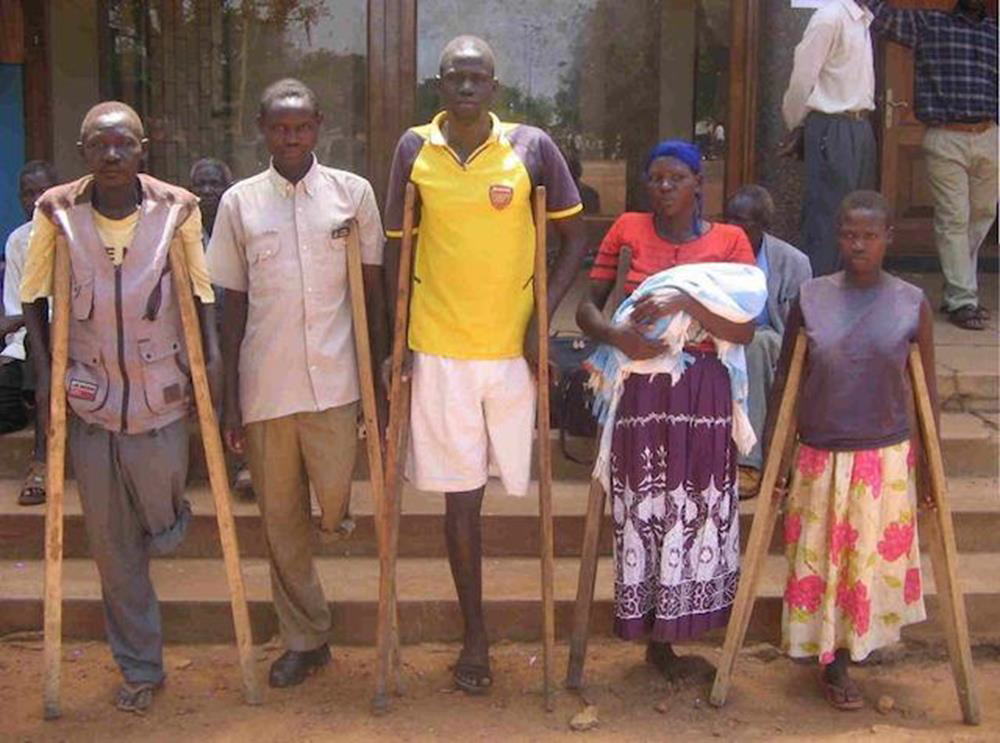 |
|
Project Objectives: Proposing to provide state-of-the-art3D printing hardware and software along with technician training to enable a 21st century approach. This will allow for limbs to be electronically scanned initially and for the prosthetic sockets to be custom made for each client.
Target Group: Project "3DL5L" is focused on providing the young (<23 years of age) of Sri Lanka with greater access to affordable 3D printed devices to avoid stigma, struggles with daily living and reduce the probability of living in poverty.
Sustainability - How and for what time frame is project sustainable how: The Colombo Friend in Need Society (CFINS) is the oldest charity in Sri Lanka, established in 1831. They have been providing prosthetic devices for people in the country since 1985. They serve people affected by disease, accident, war, and natural causes that require prosthetic limbs. It is estimated that over 200,000 people in the country require assistance, in both rural and urban settings. Since the beginning of the program, the limbs have been fabricated manually and while this approach has helped more than 28,000 people to live improved lives, it is an imprecise and cumbersome process. Fittings for limbs are all manual and adjustments require time since they are trial and error in nature.
Expected Outcomes: Provide state-of-the-art 3D printing hardware and software along with technician training to enable a 21st century approach. This will allow for limbs to be electronically scanned initially and for prosthetic sockets to be custom made for each limb.
Methodology: The project is to partner with Nia Technologies Inc., a world class participant in prosthetics and orthotics. They will supply printers, software and training as well as implementing the system in Colombo. They will support the operation for the duration of the 2 year project. The CFINS organization is committed to continuing to address this ongoing need in Sri Lanka. We are proposing to provide state-of-the-art 3D printing hardware and software along with technician training to enable a 21st century approach. This will allow for limbs to be electronically scanned initially and for the prosthetic sockets to be custom made for each client. This will allow people to be outfitted more quickly. Many rural clients are restricted by their families’’ ability to take time away from their subsistence farming occupations and this will make the actually fitting much more efficient. Many of the rural clients are served via mobile camps that are only able to visit periodically because of the widespread demand and the vast geographic area involved, This approach will allow for a quick initial visit to obtain the scan information and then the follow-up visit Can result in a better-fitting limb in less time.